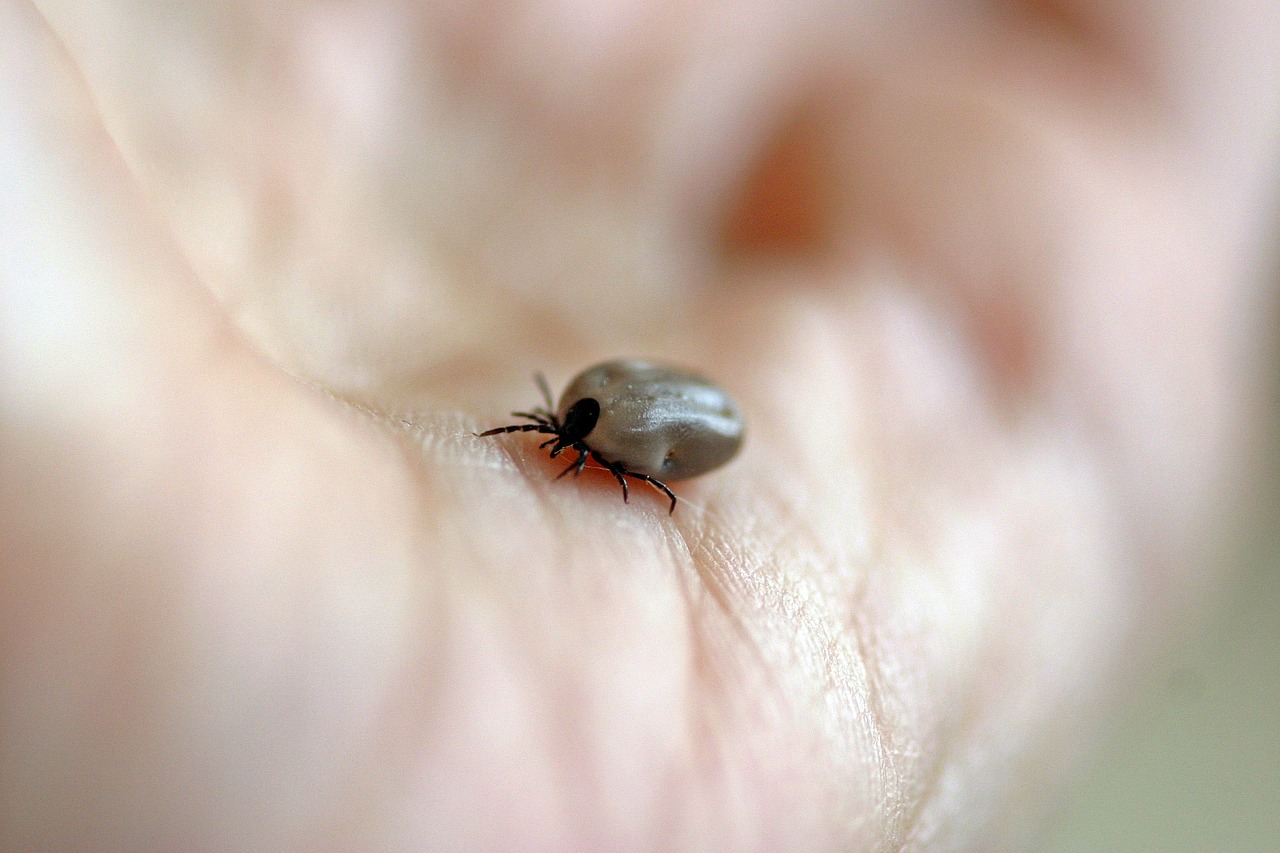With the long weekend just around the corner, the health unit is reminding all that it’s tick season.
The Haliburton, Kawartha, Pine Ridge District Health Unit wants residents and cottagers alike to be on the lookout for the black-legged tick.
According to health unit officials, this type of tick is common across parts of Ontario so it is important to be cautious and aware.
“Black-legged ticks settle on tall grasses and bushes, and then attach themselves to a passing person or animal,” says Dharminder Kaler, a Public Health Inspector with the HKPR District Health Unit. “Once attached, a tick will feed on the host’s blood. The longer a black-legged tick feeds, the more it becomes engorged and the greater the risk it can spread Lyme disease to a person.”
The health unit says there are a number of things that people can do to reduce the risk of the bug latching on. Those suggestions are using bug spray with DEET in it, wear light coloured clothes, closed toed shoes, and pants. As well, HKPR suggests that if you are out walking on marked trails because the tick is more likely in long grass and plants.
To protect your property from potentially housing the Lyme carrying bug, the health unit says its good to keep your grass cut short. Aside from that, the health agency recommends trimming bushes and plants to let sunlight in.
After being outside, Kaler also suggests checking your entire body for ticks. It’s a good idea to have a shower as soon as you can to wash off any ticks. Put your clothes in a dryer on high heat for at least 10 minutes to kill any ticks that may be attached.
If you notice a tick on your body, remove it as soon as possible. There are many tick removal products available, so be sure to follow the manufacturer’s directions. If using finely-tipped tweezers, grasp the head of the tick as close to the skin as possible. Pull it slowly, straight out. Immediately after, wash the bite area with soap and water, or an alcohol-based sanitizer.
Anyone that notices they have a tick attached should remove it as soon as possible and contact a medical professional if it is engorged or you think it has been attached for 24 hours or more. Another reason to seek medical attention is if you experience the symptoms of Lyme Disease.
The symptoms of Lyme are skin rash, fever, headache and muscle/joint pain. If detected early, Lyme can be treated successfully with antibiotics.
If you have been bitten by a black-legged tick, you can submit it for testing to the Health Unit. Ticks are tested for surveillance purposes only to see if they are the type that can transmit Lyme disease.



